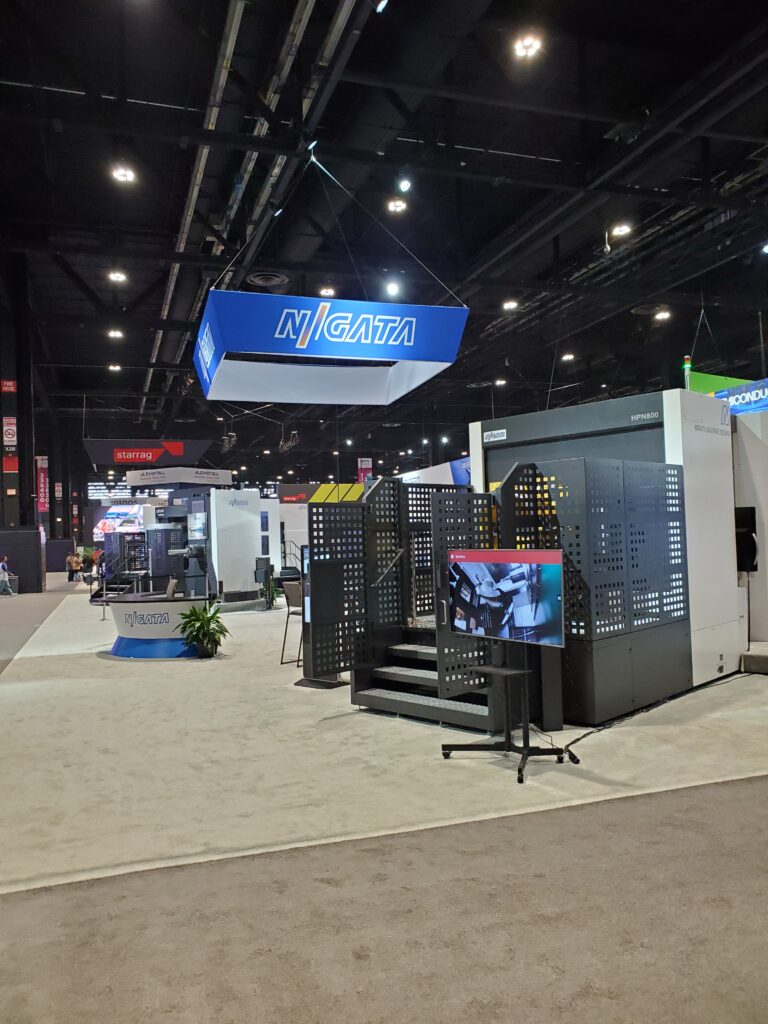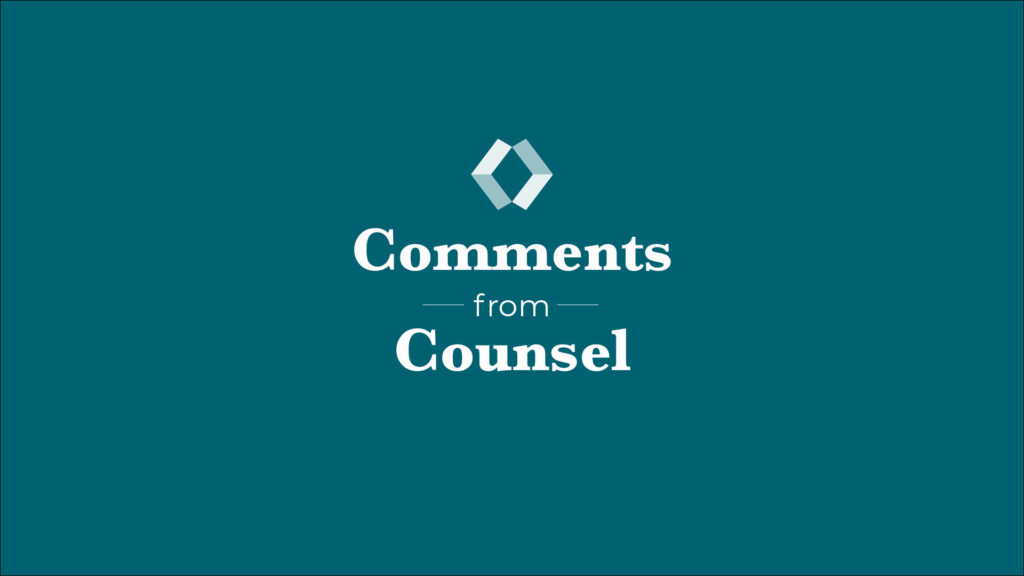[vc_row][vc_column][vc_column_text]Spring and summer are usually busy times for real estate. Buying or selling a home, acquiring land for a project or starting a business expansion is top of mind as we look to plans for the second half of any normal year. However, 2020 has been anything but a normal year. With COVID-19 laying its heavy hand across all facets of the economy and many preparing for a potential “second wave,” real estate continues to feel the impact. Here are some legal implications groups involved with real estate transactions may want to consider based on our current environment and the demands of COVID-19.
Understand potential contractual and transactional implications. (Buyers and Sellers)
To mitigate or address potential issues, check pending purchase contracts for clauses that could apply to COVID-19. Many contracts include “Force Majeure” clauses related to natural disasters, which could be argued to include the current pandemic. Force Majeure clauses could provide flexibility to prevent breach of contract, penalties associated with delays, notice requirements, and caps on time extensions.
Your real estate attorney or local realtor and bar associations may have COVID-19 addendums drafted to include in contracts for new transactions. If mutually agreed upon by all parties, they may be applied to pending transactions, helping assuage some of the fear associated with the uncertainty of the current situation.
Prepare for the logistics of remote work. (Buyers and Sellers)
All parties involved in real estate transactions need to be prepared for the logistical issues of remote work. Consider what solutions need to be in place to use electronic signatures, handle remote online notarizations (RONs) and digitize and share documents.
The use of electronic signatures in the United States is governed by the Electronic Signature in Global and National Commerce Act (ESIGN) as well as the Uniform Electronic transactions Act (UETA) that ensures the legal effect and enforceability of the legal signatures, so long as all parties agree to their use. As of March 2020, several states including Illinois provided temporary authorization to perform RONs joining the 23 states with permanent laws enabling remote notarizations.
Work with other partners to align processes and operations. (Professional Service Providers)
There are numerous service providers in the real estate “supply chain” including brokers, real estate attorneys, title companies, lenders and insurance providers. Work with these partners to determine what safeguards and precautionary measures they are taking right now, and how those new procedures may impact contract language and closings.
Determine what you should/must disclose. (Property Managers)
For those who manage property, the issue of what and how to disclose information about a tenant that may have or has had COVID-19 is complicated. As best practices emerge, so are expectations for handling this issue. In general, landlords should request that tenants disclose confirmed or suspected cases of COVID-19 among employees or people in the space. (Suspected cases are requested due to limitations and delays associated with testing and receiving results). In turn, property owners must address disclosure of known or suspected cases of COVID-19 to other tenants. These disclosures should comply with federal, state, and local privacy laws that protect identifiable personal information.
Abide by, and provide for, recommended guidelines. (Brokerage Firms)
In Illinois, real estate is considered an essential business which means that real estate transactions can continue. However, it does not mean that real estate transactions are exempt from following state and local guidelines for social distancing and other preventative measures. Real estate firms should advise brokers to follow guidelines published by the National Association of Realtors regarding open houses and other activities related to marketing a property.
As is the case with all businesses operating during COVID-19 restrictions, brokerage firms have a legal responsibility to ensure that all commonsense guidelines are in place and that individuals required to operate in a physical space are able to socially distance and/or are provided with the appropriate cleaning supplies and PPE.
WilliamsMcCarthy LLP has been representing the business and personal needs of the Rock River Valley for over 85 years, including real estate transactions.[/vc_column_text][/vc_column][/vc_row][vc_row][vc_column][vc_empty_space][/vc_column][/vc_row]






